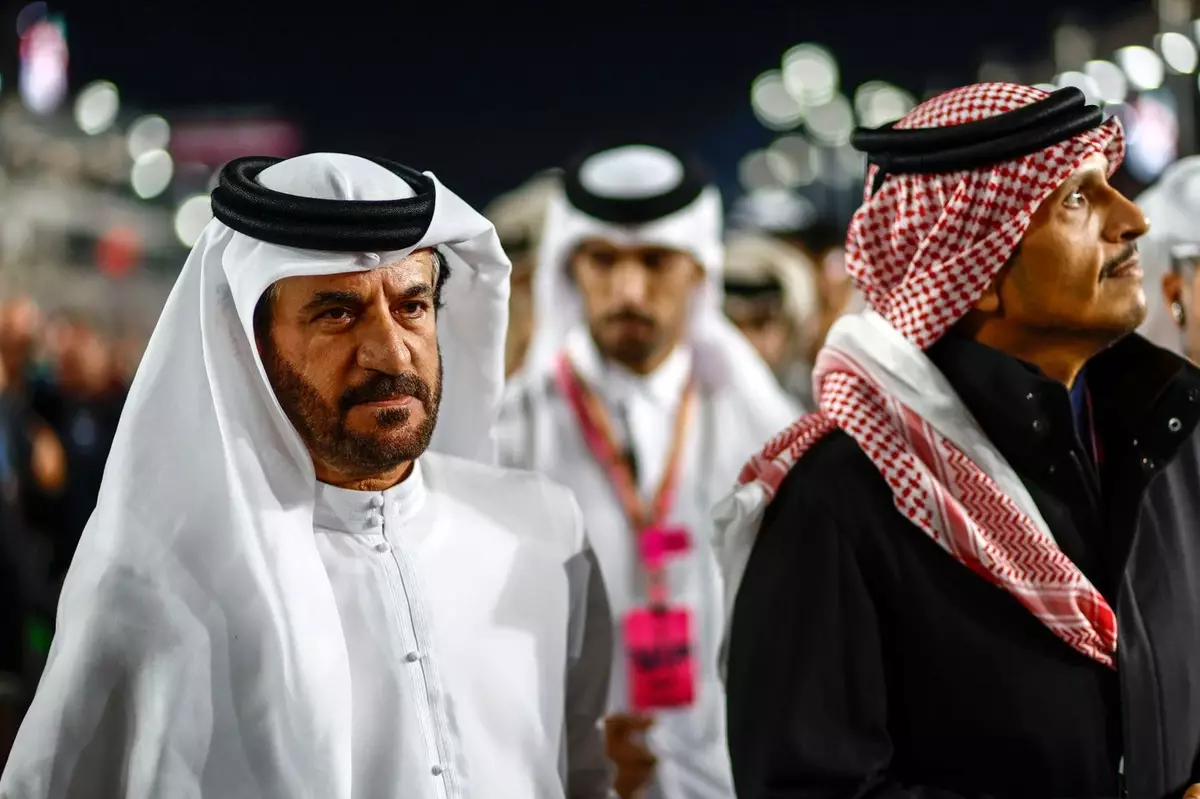In a significant move aimed at overhauling the operational framework of the Fédération Internationale de l’Automobile (FIA), recent amendments to the FIA’s statutes were agreed upon during a General Assembly in Rwanda. These changes primarily influence the roles and mandates of the ethics and audit committees within the motorsport governing body. The adjustments reflect an overarching intent to bolster governance structures while also addressing concerns regarding secrecy and media leaks.
One of the most notable updates pertains to the ethics committee’s positioning within the organization. Historically, the ethics committee primarily answered to the FIA president. However, the reformation now mandates dual reporting to both the president and the president of the senate. This structural alteration is purportedly designed to enhance the committee’s independence, shielding it from the bureaucratic influences of FIA administration.
The ethics committee has now been empowered with the discretion to independently decide when to initiate investigations, a measure that seeks to strengthen its authority. However, the implications of restricting the flow of information remain contentious. The FIA’s justification centers around the need to prevent unauthorized disclosures of sensitive information, especially considering that past leaks involved confidential documents containing potentially damaging material. While this new information management strategy may protect the integrity of investigations, it presents risks of obfuscation, leading to potential oversight failures.
Audit Committee Revisions: A Supportive Role
The FIA’s amendments concerning the audit committee are equally noteworthy. The audit committee, now explicitly categorized as an advisory body to the senate, will operate under clearer guidelines as anticipated by the statutes. Its newly defined role underscores a shift towards a more supportive function, providing the senate with insight and guidance while limiting its autonomy to independently investigate financial irregularities.
Notably, the audit committee retains capacity for investigation but only under the direction of the president of the senate. This redistribution of power raises concerns among key stakeholders about the susceptibility of audit processes to external influence from FIA leadership. Critics argue that this introduces a problematic layer of oversight that may prevent genuine accountability within the organization.
The proposed reforms have sparked considerable backlash among senior figures within the motorsport community. Prominent voices such as David Richards from the World Motor Sport Council and Austria’s motorsport federation head, Oliver Schmerold, have publicly criticized the amendments. Their concerns center on a potential dilution of accountability measures, which may allow FIA leadership to evade scrutiny over governance failures. The dialogue surrounding these changes reflects a broader unease regarding the treatment of governance structures within influential organizations.
This unease is compounded by the presence of significant financial challenges within the FIA. Despite the organization forecasting a considerable improvement in its financial outlook—from a loss of €24 million in 2021 to an anticipated operating profit of €2.2 million in 2024—the integrity of these improvements may be scrutinized, especially in light of changes that could enable a more insulated leadership.
As the FIA strives to fortify its operational integrity, striking a delicate balance between governance and transparency remains paramount. While the stated aims behind the amendments—to enhance independence, protect confidentiality, and preserve the integrity of investigations—are commendable, they must not come at the expense of accountability.
Moving forward, it is essential for the FIA to engage in substantive dialogue with stakeholders, ensuring that the changes foster trust rather than skepticism. The effectiveness of these reforms will ultimately depend on how they are implemented and the degree to which they reinforce the FIA’s commitment to good governance. By actively addressing concerns raised by critics and cultivating a more inclusive environment, the FIA can navigate the complexities of reform while fulfilling its vital role in global motorsport governance.

